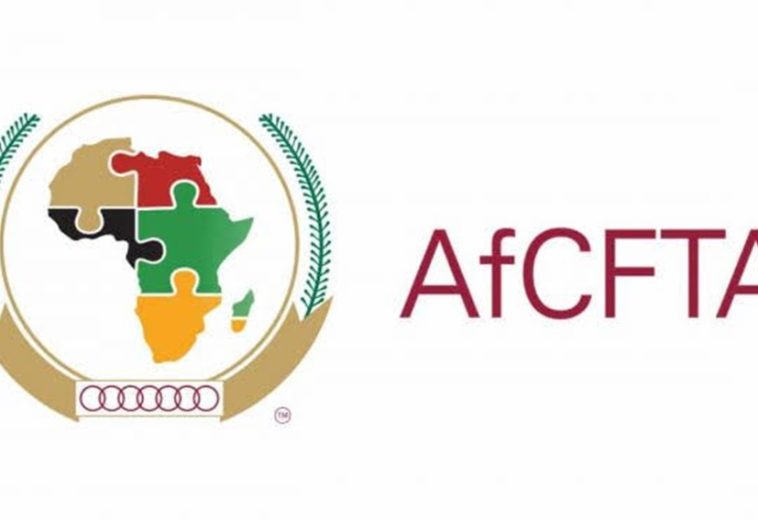Nearly 600 million people remain without electricity, despite the continent’s vast renewable energy potential. Closing this gap is no longer just an aspiration—it is an urgent necessity. Mission 300, a bold initiative backed by global development partners, aims to accelerate Africa’s energy transition through strategic investment, policy reform, and public-private partnerships. With over $48 billion pledged by the African Development Bank (AfDB) and the World Bank Group, alongside other development partners by 2030, the initiative seeks to bring sustainable energy solutions to millions and transform the continent’s economic future.
Africa’s energy dilemma is, in many ways, a paradox. The continent is home to some of the world’s richest renewable energy resources—including solar, wind, hydro, and geothermal power—yet it faces a severe energy deficit. Energy poverty continues to hinder progress in crucial areas such as education, healthcare, and economic development.
READ ALSO: Africa Energy Summit 2025: Leaders Secure Over $50B for Energy Transformation
A Call for Urgent Action
At the heart of Mission 300 lies a call for urgent action and collective effort. As Amina Mohammed, UN Deputy Secretary-General, emphasised at the Mission 300 Africa Energy Summit in Dar es Salaam, Tanzania:
“Access to electricity is not just a matter of convenience; it is a fundamental human right that underpins economic growth, education, healthcare, and gender equality.”
The summit convened African heads of state, development partners, and energy experts to discuss a roadmap for unlocking Africa’s energy potential.
The challenge is immense, but so is the opportunity. Mission 300 has the backing of several influential partners, including the African Development Bank Group (AfDB), the World Bank Group, the African Union, and the Rockefeller Foundation. Through strategic investments and partnerships, the initiative aims to expand energy access, create jobs for Africa’s youth, and drive broader economic and social development.
One of Mission 300’s most promising aspects is its emphasis on renewable energy. As Ms Mohammed highlighted, renewable energy is now the cheapest source of new electricity, making Africa’s vast green energy resources more accessible than ever. By harnessing solar, wind, and other sustainable energy sources, the continent has the potential not only to close its energy gap but also to build a more resilient, sustainable future.
Financing Africa’s Energy Future
To turn this vision into reality, substantial financing is required. Mission 300 seeks to mobilise significant investments from both the public and private sectors to drive energy access. Key development institutions such as the Agence Française de Développement (AFD) and the Islamic Development Bank (IsDB) have already pledged billions of dollars to support the initiative. The AfDB and the World Bank Group have committed $48 billion by 2030, while additional support has been pledged by institutions such as the OPEC Fund and the Asian Infrastructure Investment Bank (AIIB).
Governments alone cannot finance the large-scale energy infrastructure required to electrify millions of homes. Private sector participation is crucial. To encourage this, Zafiri, an investment company launched by the World Bank Group and the AfDB, is supporting private sector-led solutions, such as renewable mini-grids and solar home systems. Zafiri has already raised $300 million in its first phase and aims to mobilise up to $1 billion to address Africa’s energy access gap.
Tanzania’s Success Story: A Model for Other Nations
Tanzania has emerged as a success story in improving energy access. Through progressive policies, government commitment, and strategic partnerships, the country has increased its electrification rate from 14% in 2011 to 46% in 2022.
A key driver of this progress has been the expansion of off-grid renewable energy solutions, which have proven highly effective in reaching remote and underserved areas. Ms Mohammed praised Tanzania’s achievements, noting that rural electrification has unlocked new opportunities in education, healthcare, and economic development. In many communities, off-grid energy solutions have enabled children to study in well-lit classrooms, healthcare workers to provide critical services, and businesses to operate more efficiently.
Policy Reforms: The Key to Sustainable Energy Growth
For Mission 300 to succeed, comprehensive policy reforms are essential. African policymakers must prioritise policy coherence, aligning national energy strategies with the Sustainable Development Goals (SDGs) and the Paris Agreement’s climate action targets. By doing so, African nations can ensure long-term energy security, reduce greenhouse gas emissions, and promote sustainable economic growth.
The African Development Bank has also stressed the need for policies that encourage private investment while ensuring that energy systems remain accessible, affordable, and reliable for all. Achieving Africa’s energy transformation at scale will require strong collaboration between governments, international partners, and the private sector.
Looking Ahead
Africa’s energy future hinges on the success of Mission 300. If the continent can fully harness its renewable energy potential, implement sound policies, and secure the necessary financing, it can transform not just its energy sector but its entire economy. Energy access will drive education, healthcare improvements, job creation, and ultimately, lift millions out of poverty.
As the Mission 300 Africa Energy Summit demonstrated, Africa has the resources, the determination, and the support to tackle its energy crisis. The real challenge now is to translate commitments into tangible actions that will bring electricity to the millions still living in the dark.
Africa’s energy dilemma is not an insurmountable challenge, it is an opportunity to reshape the continent’s future. With collective action, investment, and determination, Africa can defeat the darkness and usher in a new era of sustainable energy and economic prosperity.




